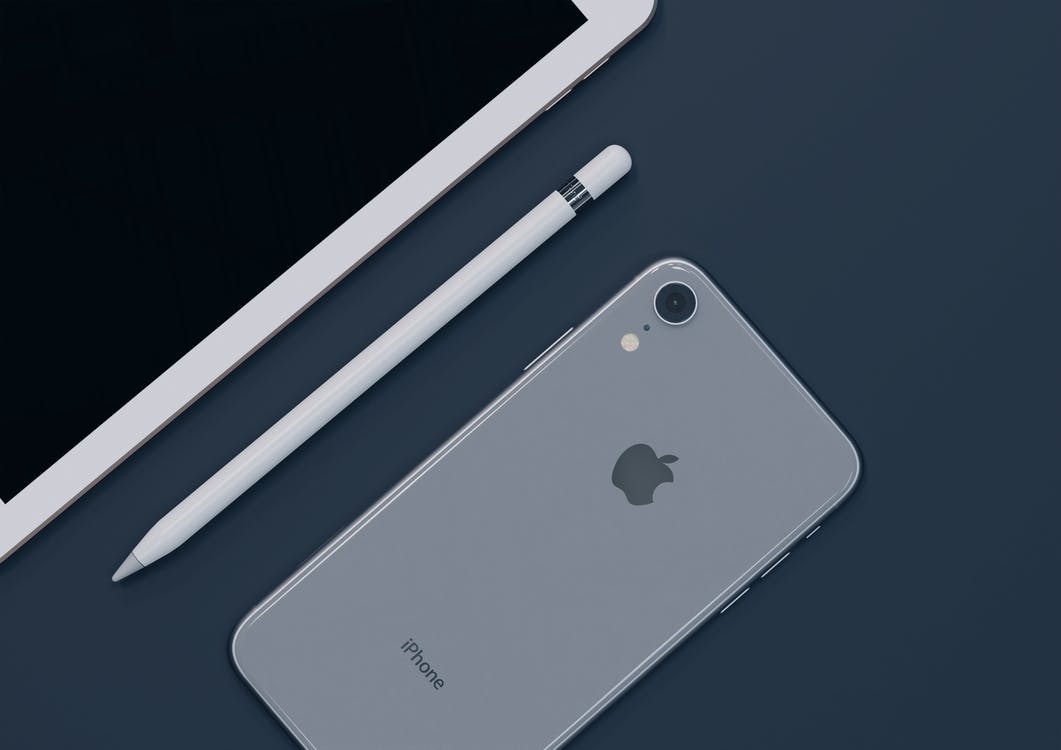Apple products, in general, are known for their superb security features. iOS and macOS are notorious for their vast security arsenal that protects devices from viruses, hackers, and other third-party intruders. While these operating systems and devices have a relatively cleaner sheet for security, they aren't as safe as some assume. Flaws are expected in any technology, and Apple is frequently involved in such media coverage. Recently, researchers reported a vulnerability, allowing criminals to hack iPhones via text messages. Disturbingly, users did not even need to open the messages to get infected. So, believing Apple products to be foolproof can lead to severe consequences, including loss of data and financial resources.

The General Issues
Smartphones are bigger today than ever before in history, and the mobile market is slowly taking the crown from the PC as the primary digital platform. Apple smartphones are some of the best globally, and they're well renowned for their superb performance, UX, and security. While this is true, nothing good in life comes without its unique set of issues. Sometimes, an issue might occur due to external forces, such as malicious apps in the Apple App Store. While specialists monitor such app stores and impose regulations, hackers still manage to add questionable apps into the mix.
If hackers or other malicious individuals gain access to your data, the results could be disastrous. People use their phones for all kinds of things – from taking pictures to performing bank transactions. That is precisely why protecting your personal data should be one of your top priorities. You can do a couple of things to protect your iOS devices from leaking your data.
Modifying Your Settings and Improve Protection
You don't have to purchase any high-end security for your iPhone if you want to add another layer of protection to your data. You can protect your phone by adjusting iPhone or iPad settings. Below, we'll list three ways you can do so.
Disable Data Transfer via Lighting Port
One of the ways hackers steal all data is through your lighting cable. Your lighting charger port can be connected to a PC – and skilled hackers could steal your data. Changing your settings to disable data transfer via your lighting port will add another layer of protection to your phone. You can do this by following this sequence:
Settings -> Face ID/Touch ID & Passcode -> Enter Your Password -> Disable USB Accessories Option
Bump up Privacy Settings on Apps
An excellent way to ensure that no app is tracking you or stealing your data is by modifying its permissions in your settings tab. While most apps are harmless, third-party apps or things that are not found on the App Store can be quite dangerous. Protecting yourself by bumping up privacy settings on your apps is simple. All you need to do is go to your settings, select the privacy option, and modify the permissions and settings apps have on your device.
Enable the Self Destruct Sequence
If your phone gets stolen, a great way to protect your data is by rendering it useless. Apple devised this fantastic optional security feature to erase all of your data after ten failed password entry attempts. You can put this feature to work by following this sequence:
Settings -> Face ID/Touch ID & Passcode -> Enter Your Password -> Enable Erase Data Option
Apply a VPN
Getting a VPN on iPhone will protect your phone in more ways than one. Aside from adding layers of bulletproof encryption to your data, it's going to be a convenient way to use your phone. VPNs don't keep logs of your activity, and they boost your privacy by a considerable amount. When you're using a VPN, you're immune to hacking attempts, and not even your ISP can track what you've been doing on your phone.
Antivirus
iOS is known for its advanced security but adding antivirus software is a surefire way to ramp up your Apple device's security. Top of the line antivirus software will protect your device from malware offline and online. Good antivirus software will also help declutter data from your phone, optimizing its performance.
In Conclusion
Apple products are known for their resistance to attacks but adding an extra layer of protection can't hurt. While some solutions are all about modifying your settings, others will require a bit more work. In the end, they're well worth the effort! Protecting your data is essential – and as long as you follow this guide, it's going to be easy as well.